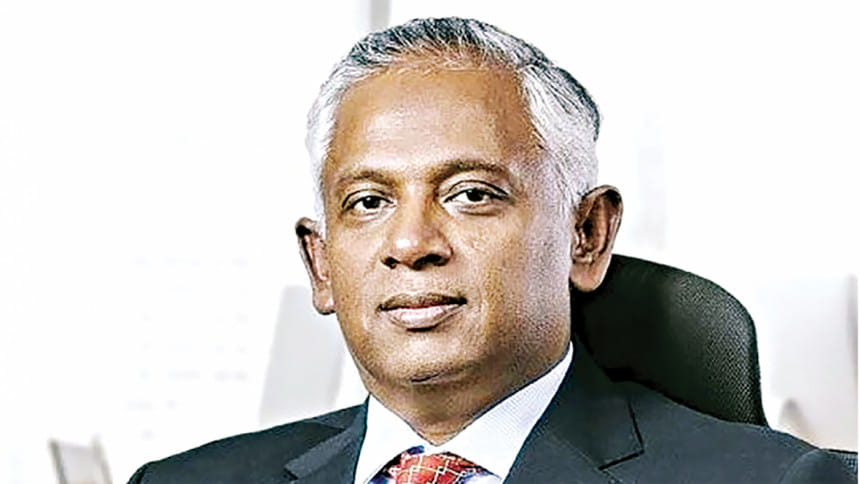A leader is as good as his team

We often say "a leader is as good as his team." It is like making a perfect cup of tea -- sure, the leader might be the one pouring it, but without the right blend of tea leaves, sugar and milk, it is just hot water.
A leader can have Socrates-like vision, but if the team is busy arguing over who gets the best spot under the office ceiling AC, the ship is not sailing anywhere! After all, even the greatest captain needs a crew that can row, not just sit back and enjoy the cruise.
The interim government under Prof Muhammad Yunus has appointed over 20 advisers, with an average age of 67. With the potential of serving for three years, this average age would increase to 70. Critics argue that many advisers are from NGOs or Chattogram, are mostly retired, and may be out of tune with current challenges. Now, the question is, can this older albeit experienced team effectively address the humongous expectations of the people? Or will their age and unusual backgrounds hinder progress?
Research indicates peak productivity occurs between the 30s and 50s. The National Bureau of Economic Research found Nobel laureates in economics often produce their best work in their mid-30s to early 40s. The Federal Reserve Bank of St Louis notes professional productivity typically peaks around 40. The "Journal of Economic Perspectives" suggests cognitive decline starts in the 50s and affects productivity. Meanwhile, the "Harvard Business Review" highlights the balance between youth innovation and older individuals' experience.
Recruiting top talent for the interim government is challenging, though some critical positions like finance adviser, Bangladesh Bank governor and NBR chairman have seen suitable replacements. Many qualified professionals hesitate to join due to concerns about stability. Others willing to serve may be excluded due to intelligence reports or biases. Ideal candidates, such as former FMCG or MNC Bank CEOs, were often overlooked for unclear reasons. One friend declined a regulatory role, fearing media scrutiny over past political ties. Another faced rejection due to a past dispute with a previous employer. While connections with former regimes are common in corporate circles, this process risks sidelining capable leaders and promoting mediocrity. Additionally, there is a trend of appointing individuals only to withdraw them amid media attention.
Yunus has the option to choose advisors who balance youth and experience, forming a diverse team with expertise in critical areas like economy, education, health, and technology. Prioritise innovative thinkers and leaders with proven experience in social change, governance, and those familiar with grassroots issues. Avoid bringing in expatriates who lack recent local experience. Emphasise integrity and avoid biases on age, region, or political affiliation. This diverse mix ensures a dynamic government capable of addressing current challenges and aligning with the nation's transformation goals.
Appointing like-minded individuals stifles creativity, leading to one-dimensional problem-solving. Those without a history of transforming their fields should not be entrusted with national change. Relying on people with "expired" or "off the shelf" tags, is futile as they lack current agility. Some cannot handle media or team scrutiny, yet they are expected to tackle massive national challenges. Advisors must focus on future progress to drive the nation forward, not be stuck in an obsolete knowledge base.
Ultimately, leadership is not about stacking the deck with "experienced" players who can barely swing the bat anymore. It is more about having a team that can hit a boundary or a sixer. While the "cleaning up" agenda is essential, the ship may hover around the harbour if the interim government's advisers spend more time dwelling on the fascist government's failures than focusing on pressing issues. Remember, driving is impossible if you keep your eyes mostly on the rearview mirror -- unless the goal is a safe parking spot! And lastly, it is after all, a brand-new government saddled with a pile of trash left behind, and hence, patience is the public call of duty.
The author is the founder and managing director of BuildCon Consultancies Ltd

 For all latest news, follow The Daily Star's Google News channel.
For all latest news, follow The Daily Star's Google News channel. 



Comments